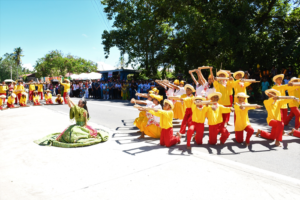
Karatong Festival
Karatong Festival is the annual fiesta of Dulag, Leyte. It highlights the Waray bamboo percussion karatong, which in ancient times
PARTNER ORGANIZATIONS AND AGENCIES
Researchers and Music Educators





Philippine
Bamboo Musical Instruments
The Philippine Bamboo Musical Instruments Innovation Research and Development Program is a government initiative aimed at promoting and preserving the tradition of bamboo musical instrument making in the Philippines.
The program aims to improve the quality of bamboo musical instruments, to enhance the skills of bamboo musical instrument makers, and to provide a platform for the creation of new and innovative designs. The program conducts research on the properties of bamboo and its use in musical instrument making, provides training and workshops to bamboo musical instrument makers, and supports the development of new designs and techniques.
The ultimate goal of the program is to promote the Philippine bamboo musical instruments industry, both locally and globally, and to keep the tradition of bamboo musical instrument making alive for future generations.
Philippine Bamboo Celebration
The history of the Philippine Bamboo Celebration can be traced back to the 1980s, when the government of the Philippines recognized the importance of bamboo as a versatile and sustainable resource. Since then, the celebration has become an important event in the country, with the aim of promoting the bamboo industry, supporting local craftsmen, and preserving the country’s cultural heritage. The event attracts a wide range of participants, including government agencies, local communities, and private organizations, all of whom are dedicated to promoting the use of bamboo and preserving its cultural significance in the Philippines.

Karatong Festival is the annual fiesta of Dulag, Leyte. It highlights the Waray bamboo percussion karatong, which in ancient times
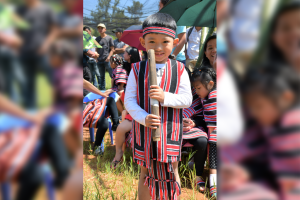
The Cordilleras Bamboo Day is an annual event celebrated in the Cordillera region to raise awareness about the importance of
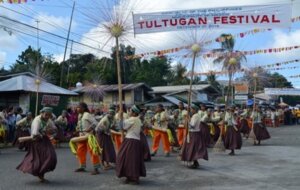
Bamboo plants are abundant in Maasin. One of the varieties that can be found in the area is the “kawayan

To date, the Las Piñas Bamboo Organ is the oldest and the largest in the Philippines, and possibly the world
“Bamboo, the versatile and resilient plant, has been a staple in Filipino music-making for centuries. Its unique tonal qualities and cultural significance make it a crucial component in preserving the rich musical heritage of the Philippines.”

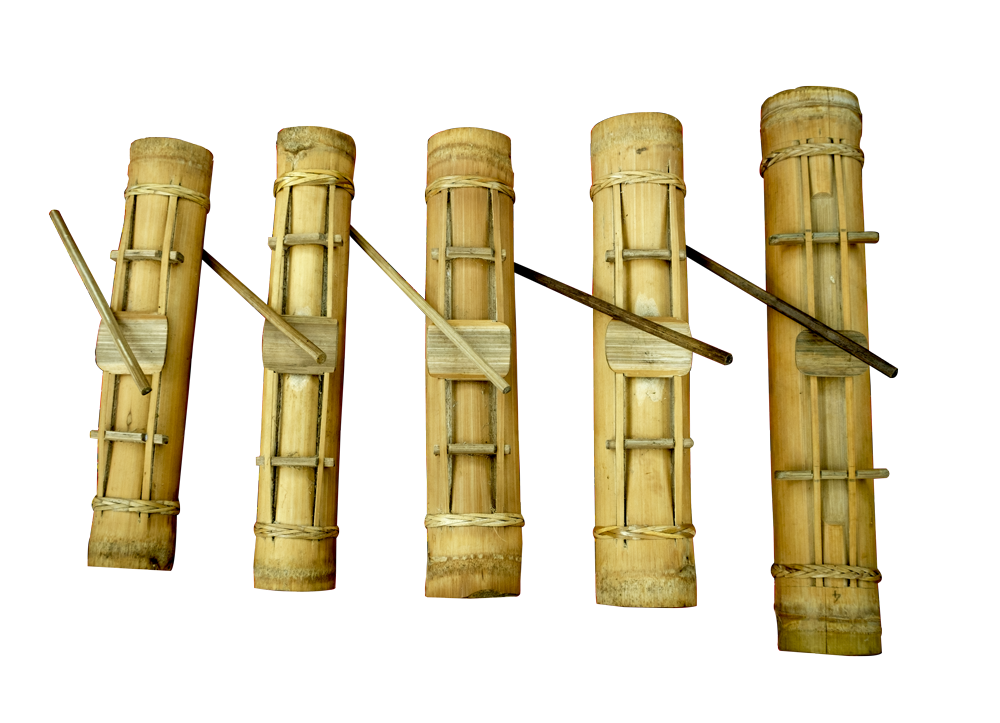

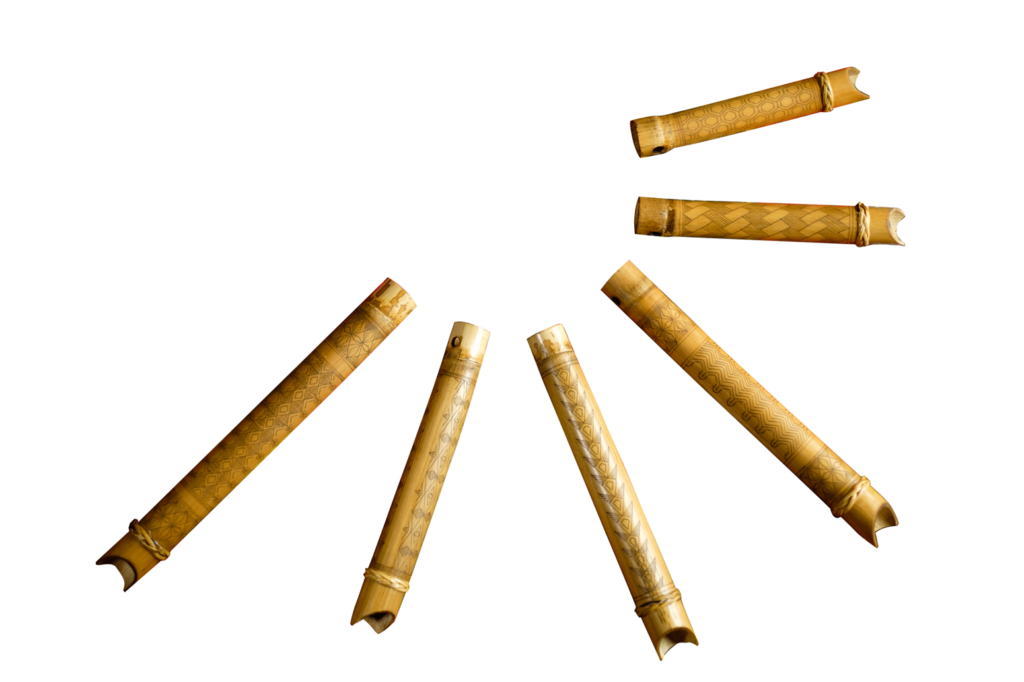
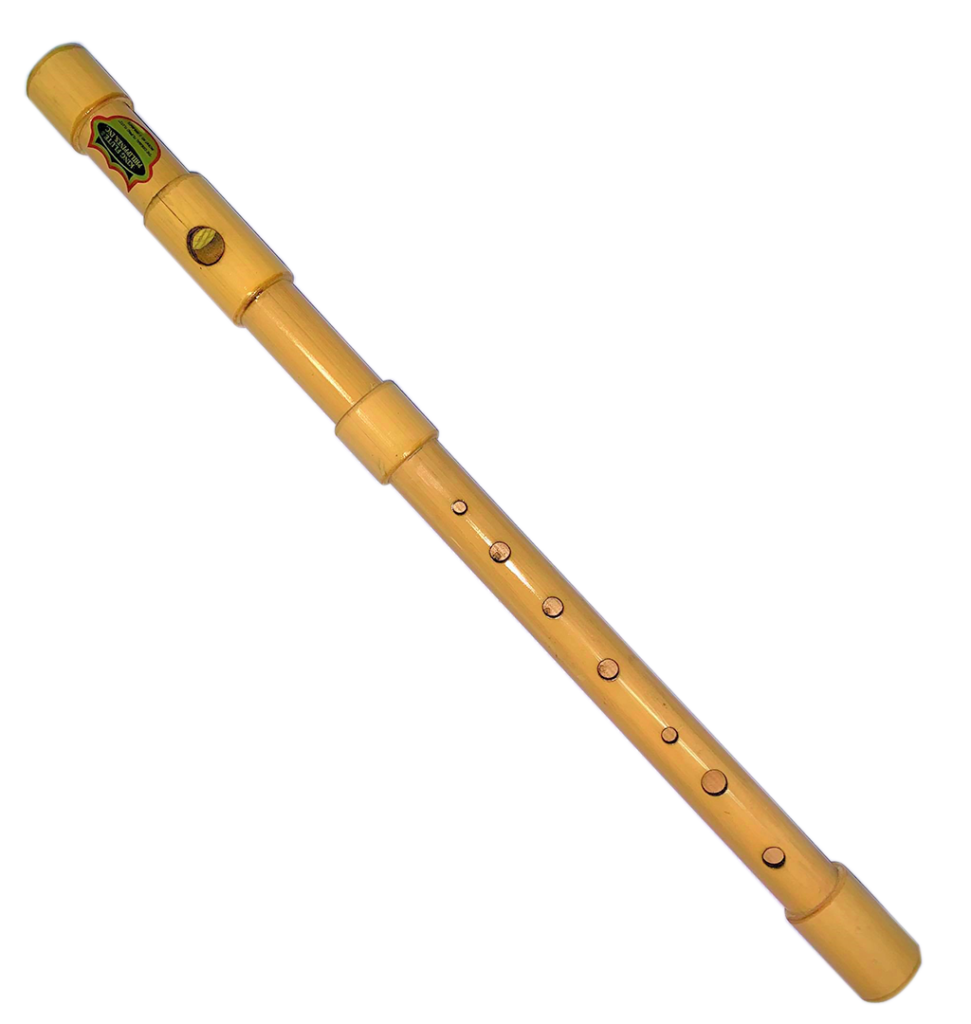
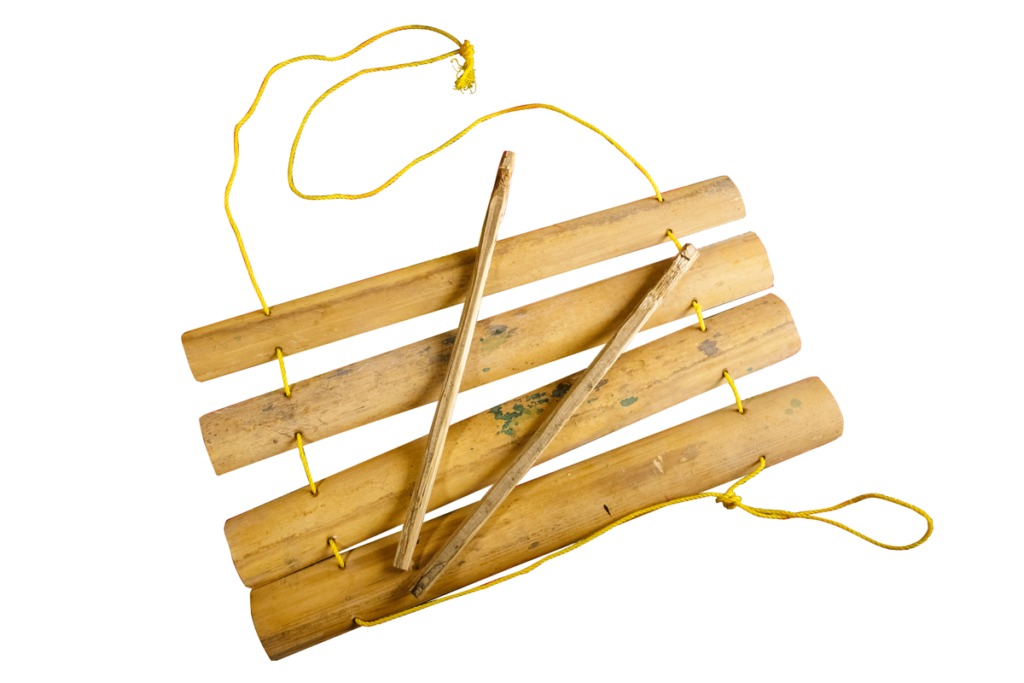

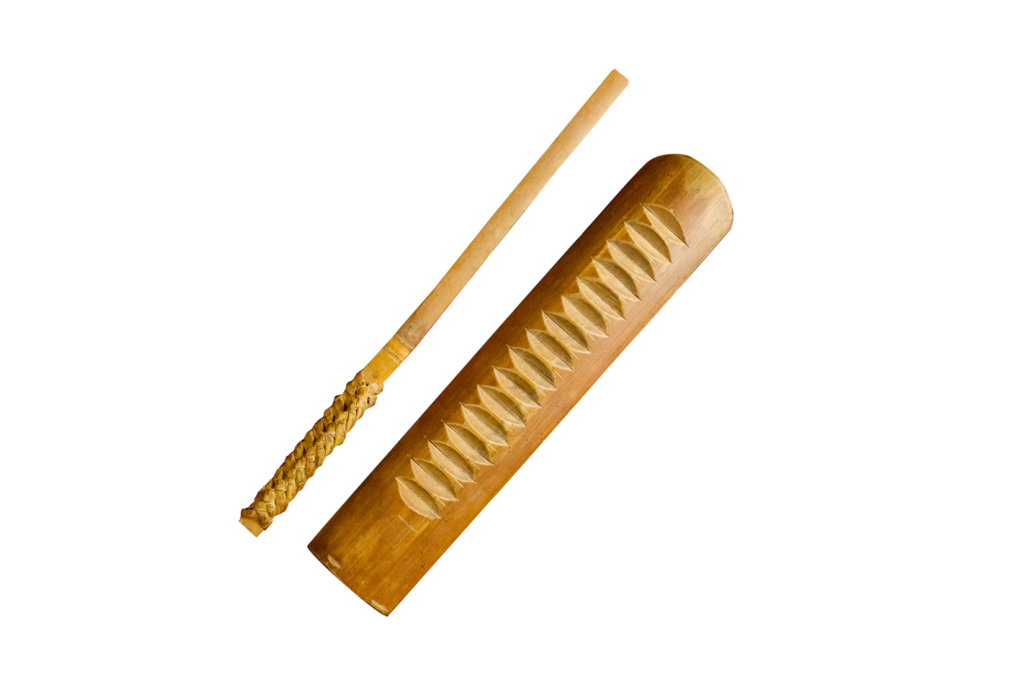

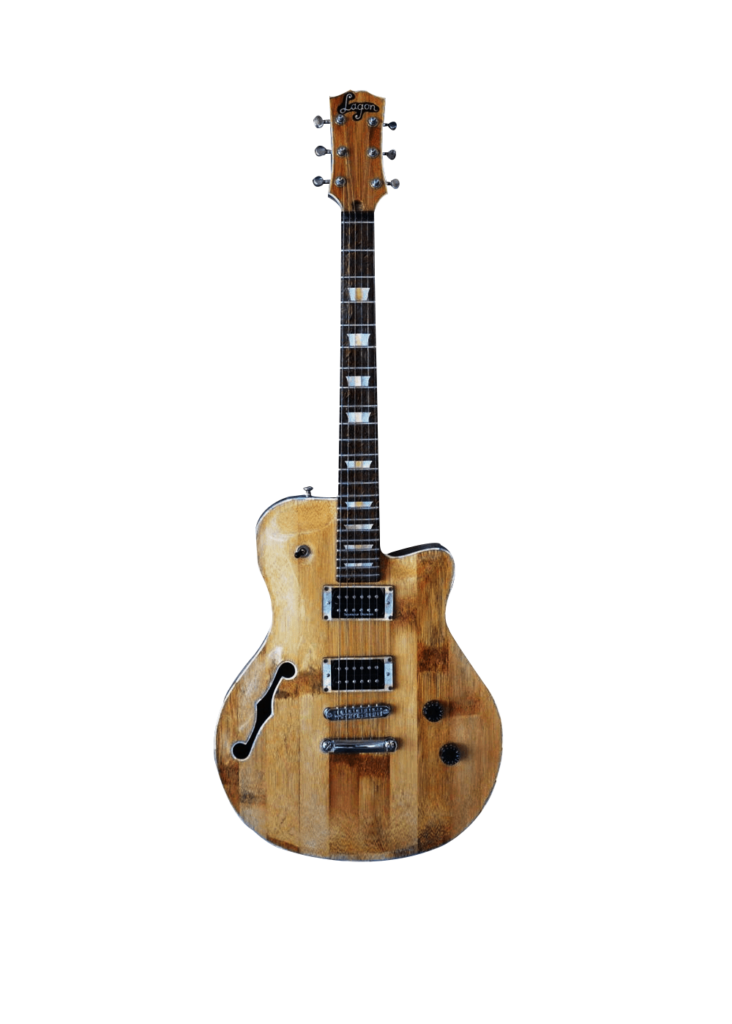
Discover the rich cultural heritage of the Indigenous People in the Philippines through a captivating series of videos that showcase the traditional method of making bamboo musical instruments, or BMI. Explore the history behind these instruments and gain a deeper understanding of the indigenous culture, from the ways of life to the spiritual beliefs and practices. Immerse yourself in a world of rhythm and melody as the indigenous communities come alive through the music they create.
Guro, Kawayan, at Musika: A Training on Bamboo Musical Instruments Making and Tuning.
The DOST-FPRDI has a Bamboo Musical Instruments Innovation R&D program aimed at improving the quality of locally-made bamboo musical instruments (BMIs) through science and innovative technologies. The program seeks to standardize the production of selected BMIs, develop prototype designs, analyze raw material sources and existing markets, and build a BMI processing facility. In addition, the program aims to document the ethnocultural story behind several BMIs and identify the bamboo species used in BMI production to promote public awareness and appreciation of the cultural importance of these musical instruments. The program is a collaboration with the University of the Philippines and Philippine Normal University for teaching modules and analyzing sound quality and standardization of BMI design. The DOST Grants-in-Aid program provides funding.
PhBMI